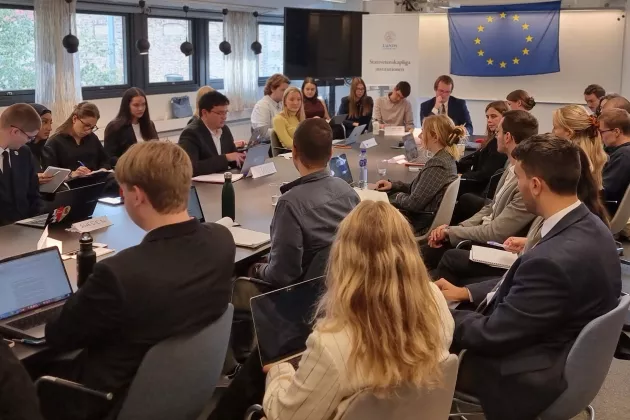Guided by the Spanish presidency of the EU, the President of the European Council, and the European Commission, a meeting of the General Affairs Council and the Council working group on energy were held in the morning to hear of Commission President Ursula von der Leyen’s plans set out in her State of the Union speech, and to negotiate common positions on gas pricing, clean hydrogen, and energy transition towards net zero carbon emissions.
In the afternoon, the delegates from the EU’s member states met at the European Council to negotiate reductions to fossil fuel energy dependency, address high gas prices, and transition away from the energy crisis and recession that are problems across Europe in the context of Russia’s invasion of Ukraine. With great success the European Council reached agreement late in the day on an immediate and long-term strategy to address the fossil-fuel crisis across the EU and move towards a more sustainable future.
Except that all the presidents, prime ministers, foreign ministers, energy ministers, and commissioners were played by masters’ students from the Department of Political Science at Lund University.
The annual negotiation game and role play is part of the European Governance course within the first semester of Lund’s long-standing and highly successful Masters in European Affairs (MEA). The negotiations were driven by and coordinated through the students themselves, organised into delegations from Spain, Estonia, France, German, Greece, Italy, the Netherlands, Poland, Sweden, the Commission, and the President of the European Council.
The negotiation game and role play are essential elements of the MEA’s student-centred Active Learning pedagogy placing student needs and education at the heart of the programme. The role play provides insight into the negotiation dynamics within the EU and motivates student learning about the EU’s energy, environment, industrial, technology, and security policies.
On the sidelines of the negotiations sat role-playing officials of the Council secretariat providing timely help and advice, Associate Professor Malena Rosén Sundström and Professor Ian Manners.


